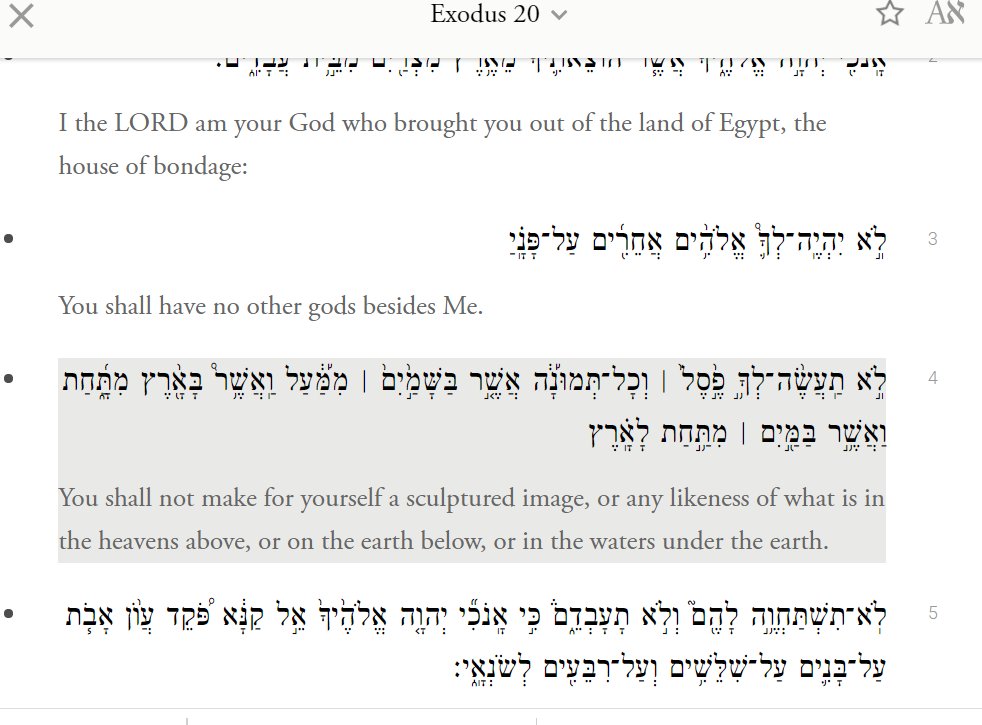
Someone needs to translate this April 30 piece from former PM Ehud Olmert into English.
He lays the current crisis at Bibi’s feet (he’s terrified of going to prison and needs to galvanize the (far) right, who in turn are just using him+
maariv.co.il/journalists/Ar…
He lays the current crisis at Bibi’s feet (he’s terrified of going to prison and needs to galvanize the (far) right, who in turn are just using him+
maariv.co.il/journalists/Ar…
to support their campaign of terrorizing and chasing Palestinians off their land)
And he predicts much of how the last two weeks would unfold:
“A wave of terror is what Bibi needs in order to give the appearance of an extreme emergency, which would necessitate firming a+
And he predicts much of how the last two weeks would unfold:
“A wave of terror is what Bibi needs in order to give the appearance of an extreme emergency, which would necessitate firming a+
nationalist government with him at the helm encompassing all the right wing parties... He won’t light the match-that’s what the men of Lehava (Kahanists who Bibi helped get in the Knesset- EZS) will do. But he’ll give the matches to them. He wants a crisis. Jerusalem would be+
preferable- because that’s the place around which he can mobilize more solidarity and agreement among the right wing factions and the ‘national camp.’”
(Note: The last point exactly expresses Hamas’s strategy as well)
(Note: The last point exactly expresses Hamas’s strategy as well)
• • •
Missing some Tweet in this thread? You can try to
force a refresh








